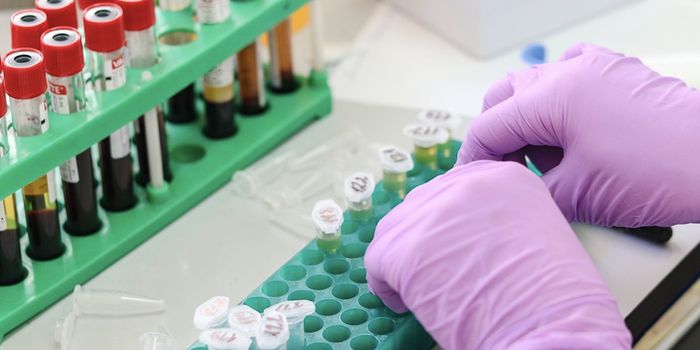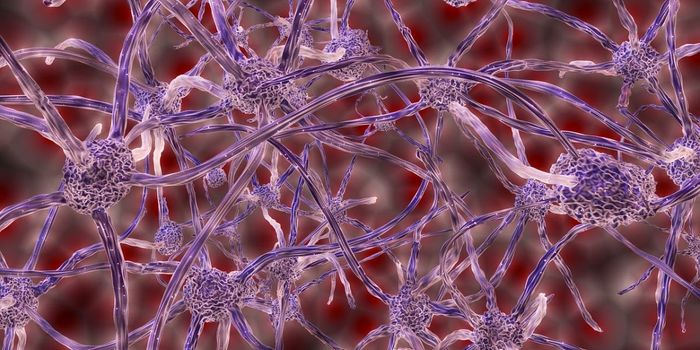Blame Your Amygdala for Hedonic Eating! How this Brain Structure Regulates Dietary Intake
A study published in Nature Neuroscience examined the role the amygdala plays in diet regulation. Researchers at Cold Spring Research Laboratory found a group of neurons in the amygdala prompt mice to eat fatty or sugary foods even when not hungry. Neurotensin neurons in the extended amygdala control dietary choice. These neurons also promote energy homeostasis. The study provides useful insights into developing new therapeutic treatments for prevention or reduction of obesity with minimal side effects.
The biological drivers of overeating and reduced activity have not been clearly established by research studies, but this study suggests manipulating neurons in the interstitial nucleus of the posterior limb of the anterior commissure (IPAC) can help encode dietary preferences.
The animal model revealed that mice prefer sugary sweet treats over more healthy options. Rather than eating for survival, mice will sometimes eat for pleasure. The researchers call this behavior hedonic eating, and the neurons activated this behavior. Active neurons prompted mice to continue eating for pleasure even after becoming full from their regular feedings.
The researchers noticed they could shut off the urge to eat by manipulating the responsible neurons. The mice remained healthy, boosted their energy, and reduced their weight. Study author Dr. Ba Li believes this finding is a promising sign that scientists can discover effective weight regulation therapies. Li says, “Identifying the brain circuitry that controls eating is important for developing better treatment options for people who struggle to control their weight.” The team intends to investigate how neurons respond to different kinds of food.
Both animals and humans experience food withdrawal when they stop ingesting fatty or sugary foods. Food is a significant dopamine trigger, so mice or humans experiencing a junk food addiction will continuously seek out satiating food choices. The result is loss of food intake control that can lead to diabetes and other serious metabolic conditions.
Sources: Eureka News Alert, Nature Neuroscience








